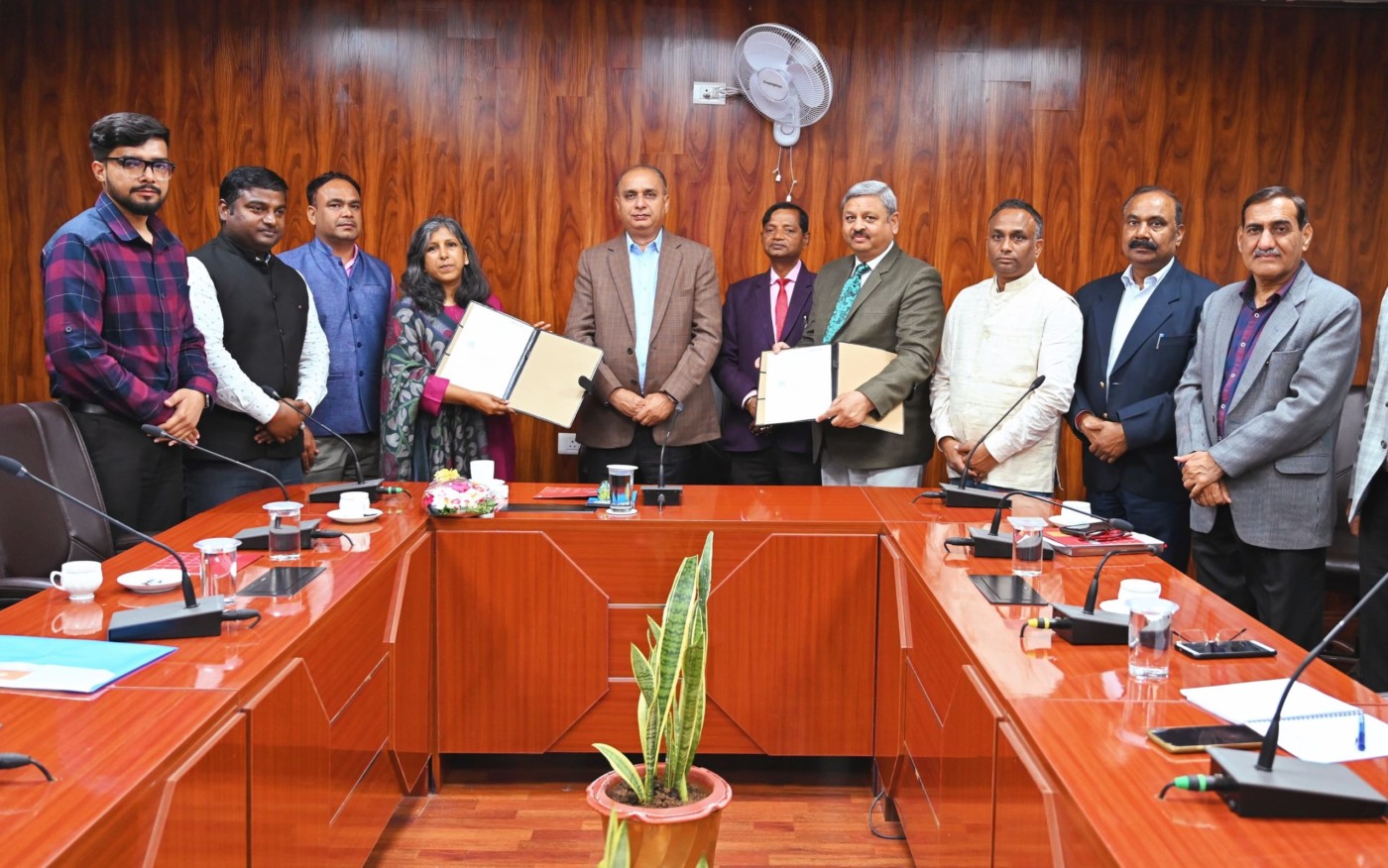
The 3Ps of Working with the State Governments!
Working closely with state departments in Uttar Pradesh, Uttarakhand, Bihar, and Haryana has taught us a lot, not just about policy or strategy, but about the lived reality of creating meaningful change. Every engagement brings its own twists, shifting timelines, evolving priorities, and the complexities of large public systems. Over time, one thing has become clear: real and lasting reform is never just about having the right solution. It is about the posture you bring to the table.
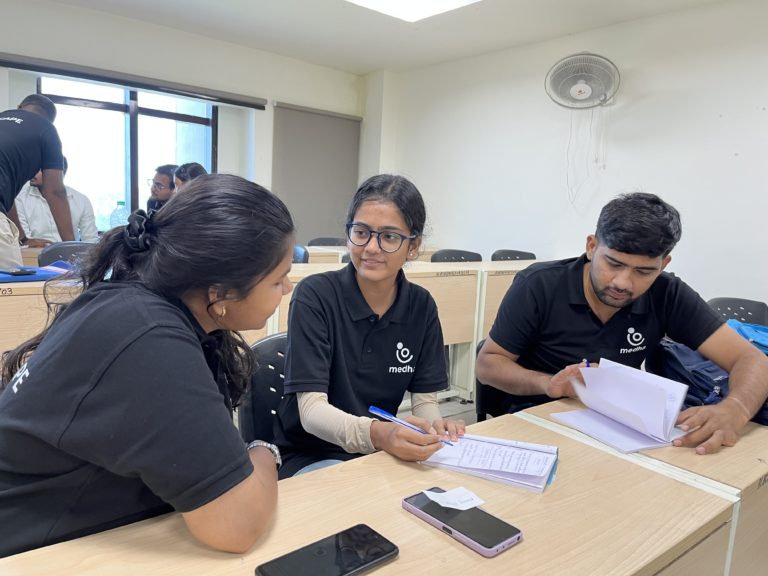
At Medha, that posture has been shaped by three guiding principles: patience, persistence, and preparation. These are not abstract ideas; they are practices we live by every day. They help us stay committed when change is slow, adapt when the path is uncertain, and act decisively when the moment arrives. And these principles do not work in isolation; each reinforces the other as we navigate the long journey of reform.
Patience: Giving Change the Time it Needs
Change in education, especially in large public systems, does not happen overnight. The NEP 2020 paints a bold vision, but turning that vision into action across departments, institutions, and states is a slow, deliberate process. Patience means staying present even when the impact is not immediately visible.
When we introduced the Dual System of Training, or DST, the initial reactions were far from enthusiastic. Some officials questioned whether a state with limited industry presence really needed such a model. In one meeting, a minister even asked us to leave his office. It would have been easy to walk away, but we did not. We kept conversations alive with mid level officers, shared examples from other states, and slowly nurtured trust over time.
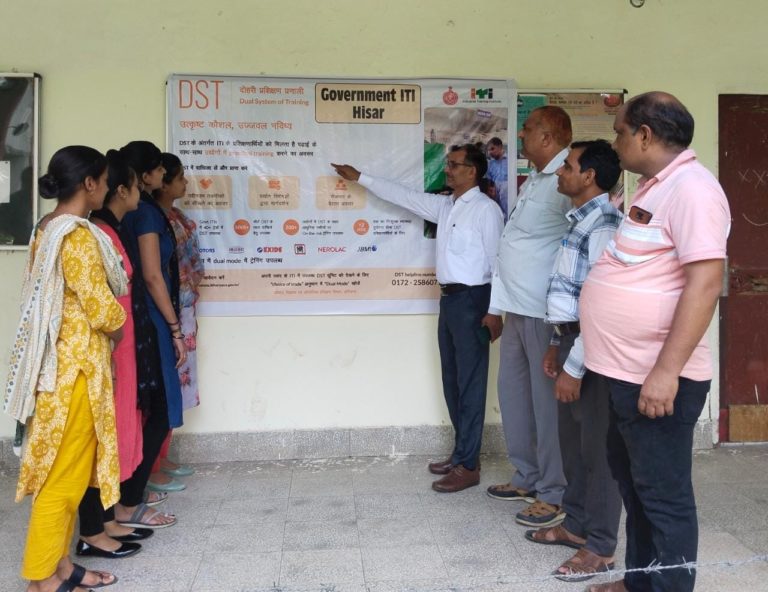
Sixteen months later, the department adopted DST in more than one fourth of its institutes. Hundreds of students now gain real world industry experience. What once seemed impossible became policy, showing that giving reform the time it needs can pay off in ways that numbers alone cannot capture.
Persistence: Moving Through Resistance and Delay
Patience keeps you grounded, but persistence keeps the work moving forward. Government priorities shift, leadership changes, and approvals can take months. In these moments, simply showing up consistently matters more than a perfect plan. In 2022, we proposed expanding faculty training beyond technical subjects to include pedagogy and 21st century skills. Both the department and many faculty members were skeptical. “How will this help in technical education?” was the common question. Approvals trickled in batch by batch, and progress was slow.
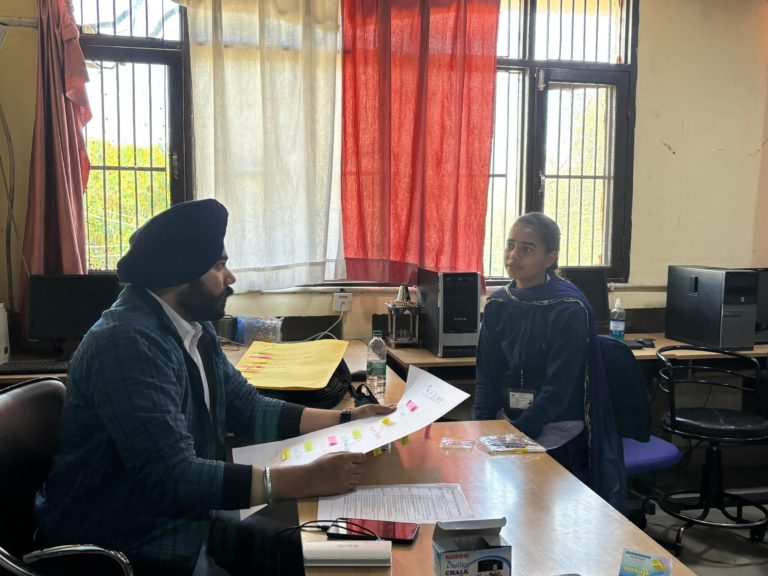
Still, we persisted. We gathered feedback from each batch, celebrated early champions, and connected our approach to NEP 2020 priorities at every opportunity. Slowly, trust began to build. After eighteen months, the Institute of Research Development and Training officially included pedagogy and twenty first century skills in its academic calendar. Change often comes from showing up again and again, even when the path seems uncertain.
Preparation: Aligning Intent with Opportunity
Patience and persistence keep you in the game, but preparation ensures you are ready when the opportunity arises. Even while facing resistance to DST, we were quietly preparing behind the scenes. We mapped potential industry partners, drafted concept notes, and studied policy documents in depth. So when the department finally opened the door, we could act quickly, with partners and pilots ready to go.
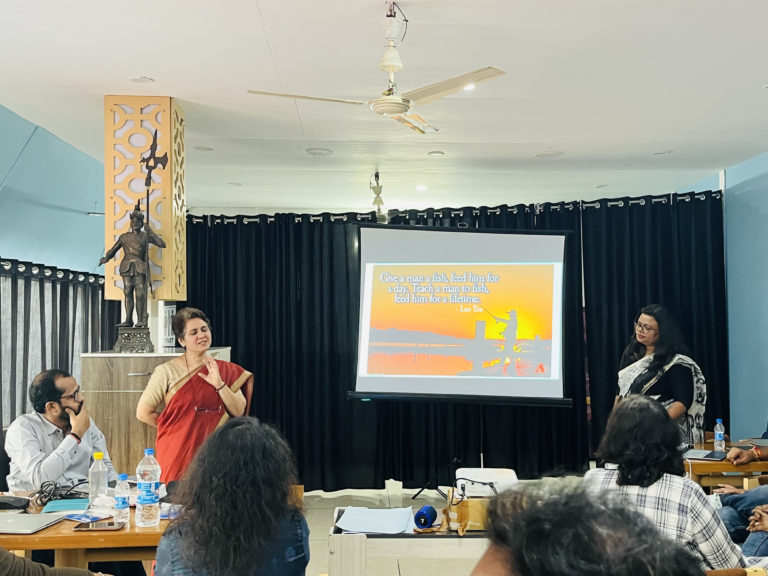
Preparation has been key in many initiatives. It allows us to be flexible—pausing a pilot when needed, reframing a proposal to align with new leadership, or drafting a note for senior officials at the right moment. Being ready turns patience and persistence into real impact.
Looking Ahead: Preparing for Future with Patience and Persistence
Transforming vocational, technical, and higher education is not just about speed or scale. It is about consistency, clarity, and care. The three Ps have guided us in building trust with public systems and staying the course even when timelines stretch or resistance emerges.
Our strategy, like the systems we work with, is not fixed. It is a living, evolving approach that respects the slow pace of reform, insists on moving forward despite setbacks, and ensures we are ready when windows of opportunity open.
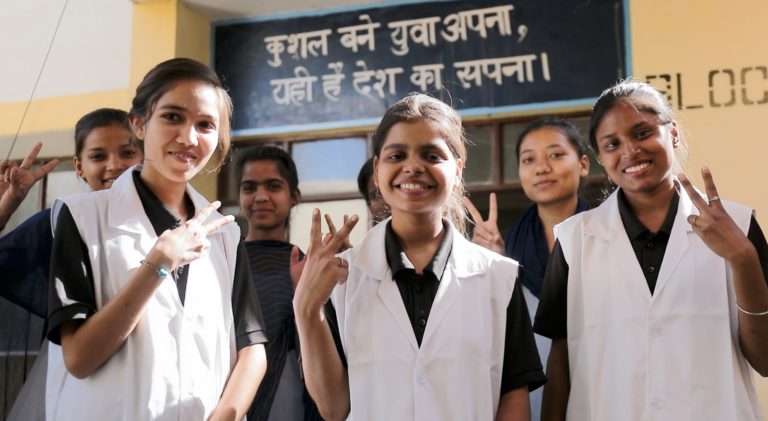
We do not share these reflections as answers, but as observations from the road. And as more organizations engage with public systems, we hope these lessons remind us that the real work of reform lies not in quick wins, but in sustained and collaborative effort anchored in trust and long-term thinking.